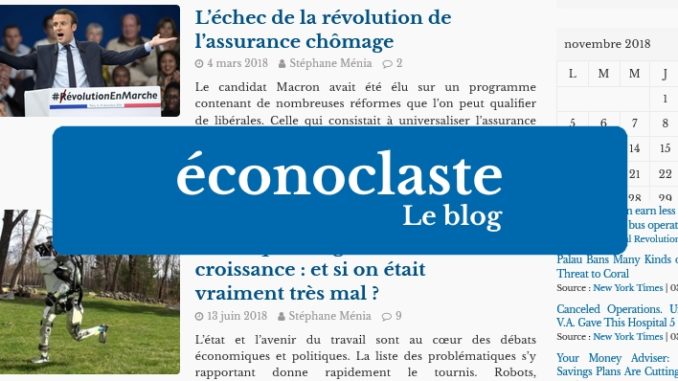
Excellent article de John Kay dans le Financial Times d’aujourd’hui.
(…)modern employees generally do not know who owns the capital they use. Their office may belong to a property company or an institutional investor. As for their desks and computers, it would often need a forensic accountant to sort out legal and beneficial ownership in complex modern financing structures.
Today’s executives do not derive their authority from the ownership of assets. Their authority comes from their position in a hierarchy and they acquire it in the same manner that priests, aristocrats and generals always acquired theirs: through family and personal connections, and their own political skills.
Large companies have today taken over the role once assumed by churches, landed estates and army brigades in determining the order of society. Marx’s world, in which capital determined class structure and power went with ownership of the means of production, was but a short interlude: and as Marx predicted, it ended, though not in the manner he predicted and perhaps not for the reasons he predicted.
Paradoxically, people who would angrily reject any suggestion that their thought is tinged with Marxism continue to use his categories. They talk of stockholders as business owners, although it is impossible to point to anything they own. They talk of profits as returns to capital, although they are really mostly economic rents – returns to brands, reputations, intellectual property, to corporate knowledge and organisation, and the exercise of market power.(…)
Technostructure, le retour
Vu dans le blog d’econoclaste ce jour cette découverte déchirante d’un certain John Kay qui écrit dans le Financial Times : « Todays executives do not derive their authority from the ownership of assets. Their authority comes from their position…